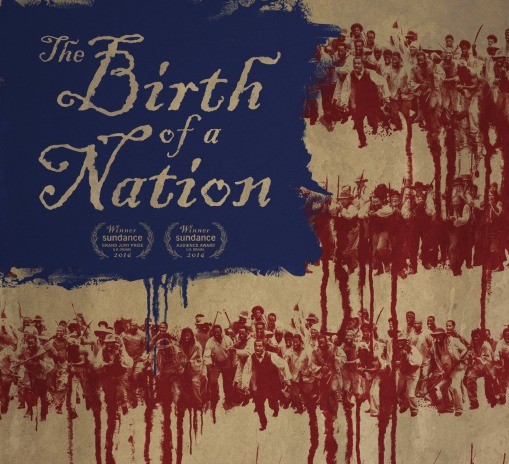by Bonnie Anderson and Dan Webster
Nate Parker, director, star and co-writer of this new film has been in the news. The film has been affected by the controversy surrounding Parker and a colleague who were accused and tried for the 1999 rape of a college student at Penn State. Consequently, there have been calls for a boycott of the film. Some critics have refused to review the film, but we are reviewing it because we believe it’s an important film. Having said that, although this film is artfully done, it is still difficult to watch. Current events in our country are poignant reminders of the seeds of racism deeply sown into our national ethos. The film painfully shows an important part of American history.
Parker presents the realities of the life of a slave. The racial violence is horrifyingly brutal. Yet Nat, who is literate and believes himself to be prophetic, earns money for his master by preaching tolerance and obedience to slaves on other plantations. Nat believes he is called by God and is assured of his “special qualities” by family members throughout the film. Nat’s father tells his young son, “You’re a child of God. You got purpose. It’s in ya. The Lord put it there and there ain’t nobody can take it away.” That drives Nat to be a man of integrity and courage even as he is owned by another human being.
A compassionate man, who endured a life of slavery that caused him to witness and be the object of atrocities inflicted on him and other slaves eventually enlisted other slaves to join him in the 1831 slave rebellion in the region of Southampton County, VA, that resulted in the murder of white people including the Benjamin Turner family, who “owned” Nat, and his wife Cherry.
Nat was eventually caught, beaten and hanged. His view of angels as he takes his last breath hints at his possible mystical or prophetic calling.
Thirty years after the slave rebellion, at the time of the Civil War, The Atlantic published a detailed account of Nat Turner’s slave rebellion. You can read it here:
Several times during this film we heard James Weldon Johnson’s words in the hymn, “Lift every voice and sing.”
Sing a song full of the faith that the dark past has taught us;
sing a song full of the hope that the present has brought us;
facing the rising sun
of our new day begun,
let us march on, till victory is won.
Bonnie Anderson is a very active lay leader in her parish, diocese and in the wider Episcopal Church. She is an experienced community organizer and lives in suburban Detroit. Dan Webster is an Episcopal priest in Baltimore, Maryland and a former broadcast news executive. But don’t expect only east coast urban perspectives here. As it turns out, they both grew up in Southern California. They blog about films and faith at Faith Reels

